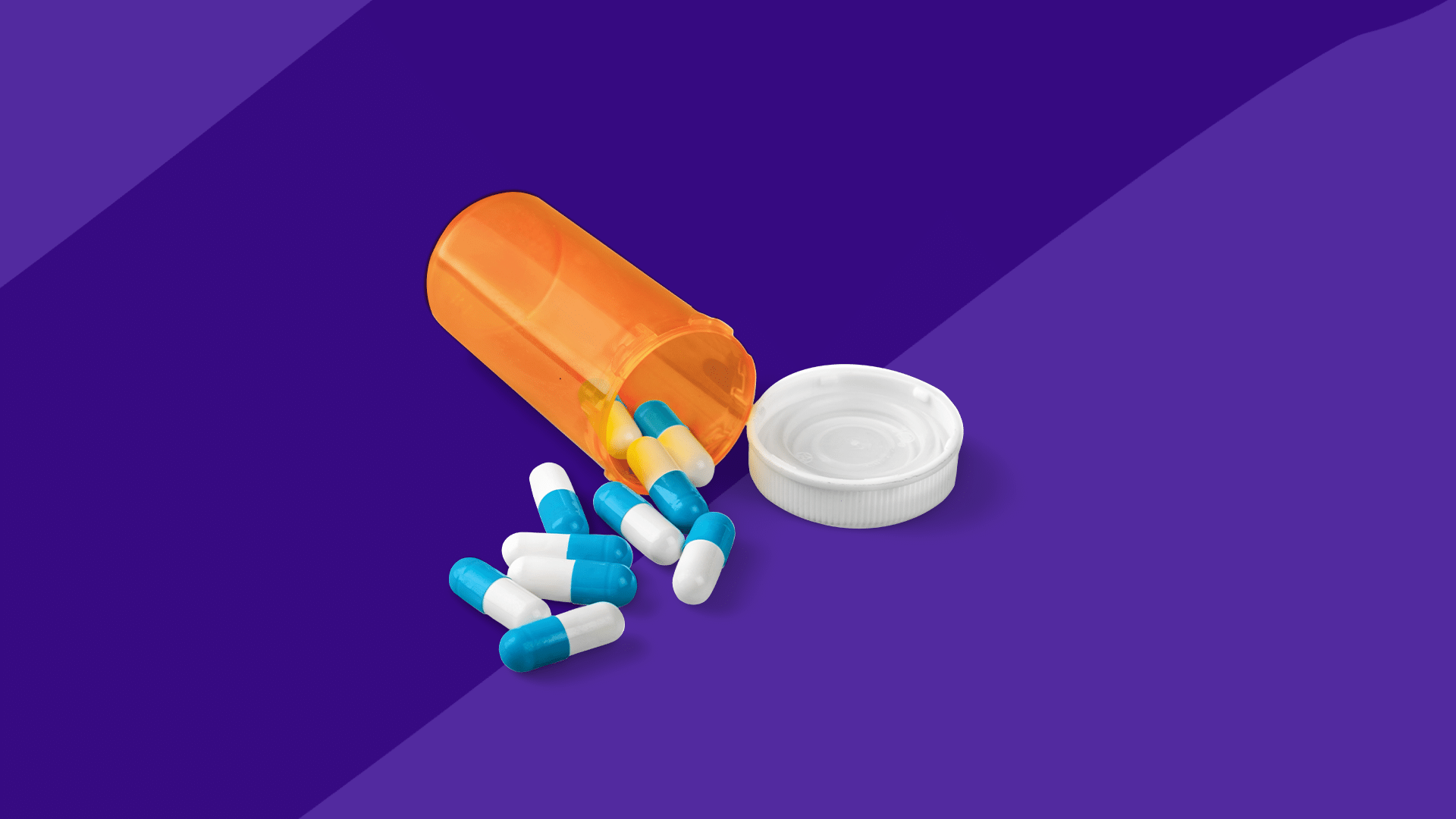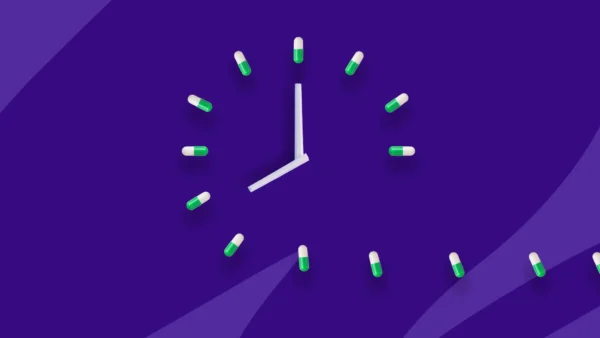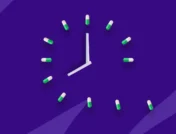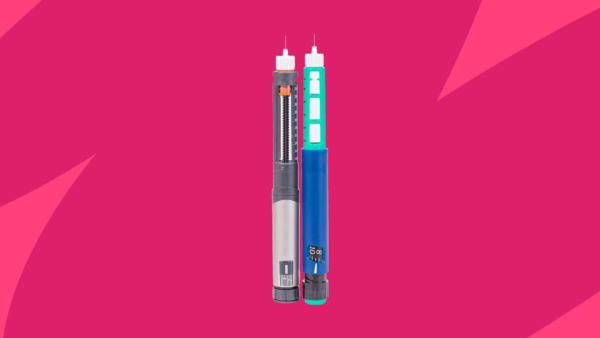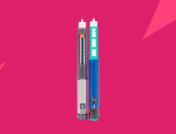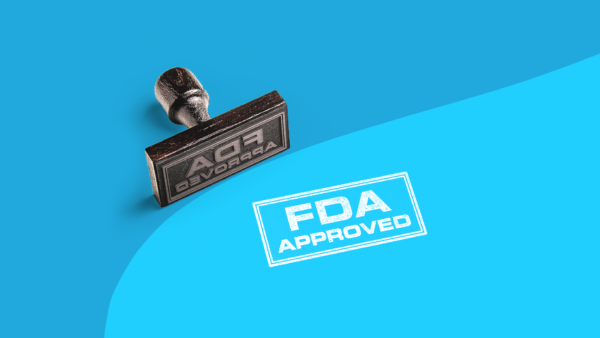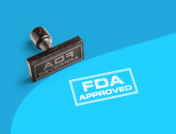Is Dexilant covered by insurance? | How much does Dexilant cost without insurance? | How to get Dexilant without insurance
Dexilant (dexlansoprazole) is a brand-name prescription drug prescribed to treat erosive and non-erosive gastroesophageal reflux disease (GERD). Both of these are conditions in which stomach contents flow up into the esophagus, causing pain or damaging the esophagus. The active ingredient in Dexilant, dexlansoprazole, is a proton pump inhibitor that decreases the stomach’s production of acid. The generic version of Dexilant became available in January 2022 and is cheaper than the brand name. There are also less expensive proton pump inhibitors available that are effective at treating GERD.
Is Dexilant covered by insurance?
Some insurance, Medicaid, and Medicare prescription drug plans cover Dexilant, but they may require that healthcare providers try less expensive drugs first. This is called step therapy. Now that generic Dexilant is available, people with insurance may have an easier time getting their prescription covered. When insurance does cover Dexilant, the copay costs will vary depending on the insurance plan and its formulary.
How much does Dexilant cost without insurance?
The cash price of brand-name Dexilant costs an average of $443 for a 30-day supply of 60 mg capsules without insurance, but the actual retail price depends on the pharmacy. Without insurance, generic dexlansoprazole costs $355 for the same 30-day supply of 60 mg capsules. Dosages and the length of treatment vary depending on how much the esophagus has been damaged by stomach acid, but most people take one 30 mg or 60 mg capsule per day. Therefore, Dexilant costs about $12 per 60 mg capsule.
Fortunately, PPIs like Dexilant are not only available, but they are all effective treatments for GERD. Some Dexilant alternatives—omeprazole, lansoprazole, and esomeprazole—can be purchased as over-the-counter (OTC) formulations, but the FDA has only approved these OTC drugs to treat frequent heartburn. While they do reduce the amount of acid in the stomach, they may not be effective at treating symptomatic GERD or erosive esophagitis due to GERD.
PPIs are considered the most effective pharmaceutical treatment for GERD, but people can also be effectively treated with H2 receptor blockers. Over-the-counter antacids provide another way to relieve the symptoms of GERD, but they are not suitable when GERD is causing chronic stomach pain or damaging the esophagus.
Drug interactions or side effects are other common reasons for seeking a Dexilant alternative. Some of the most common side effects of Dexilant are stomach pain, diarrhea, and flatulence.
Compare Dexilant prices to related drugs |
|||
|---|---|---|---|
| Drug name | Price without insurance | SingleCare price | Savings options |
| Dexilant (dexlansoprazole) | $443 per 30, 60 mg delayed-release capsules | $164 per 30, 60 mg delayed-release capsules | See updated prices |
| Prilosec (omeprazole) |
$468 per 30, 10 mg delayed-release capsules | $5 per 30, 20 mg delayed-release capsules | See updated prices |
| Protonix (pantoprazole) | $788 per 30, 40 mg packets | $5 per 30, 40 mg delayed-release tablets | See updated prices |
| Prevacid (lansoprazole) | $535 per 30, 40 mg delayed-release tablets | $6 per 30, 30 mg delayed-release tablets | See updated prices |
| Aciphex (rabeprazole) | $704 per 30, 20 mg delayed-release tablets | $12 per 30, 20 mg tablets | See updated prices |
| Nexium (esomeprazole) | $340 per 30, 40 mg delayed-release capsules | $7 per 30, 40 mg delayed-release capsules | See updated prices |
Prescription drug prices often change. These are the most accurate medication prices at the time of publishing. Click the link under “Savings options” to see updated drug prices.
How to get Dexilant without insurance
All prescription drugs can take a bite out of a budget, but brand-name drugs like Dexilant can be especially difficult to manage. There are ways to save money. The manufacturer coupon (the Dexilant Instant Savings Card) from Takeda Pharmaceuticals will be discontinued in March 2022. Patient assistance programs may be available, but not everyone qualifies for them. Fortunately, there are more ways to reduce the cost.
1. Get a SingleCare savings card
Start by using a free Dexilant coupon from SingleCare. Unlike manufacturer coupons and patient assistance programs, there are no eligibility requirements to use SingleCare. It’s free for all U.S. citizens and available at thousands of local pharmacies. The retail price of brand-name Dexilant is $443 per 30, 60 mg capsules. With a SingleCare coupon for generic dexlansoprazole, you could save about $280 per month.
2. Ask the healthcare provider about generic proton pump inhibitors
Even the generic version of Dexilant is expensive. Customers without insurance will still be paying $355 for their monthly refill. Fortunately, other PPIs are effective at treating GERD and many can be purchased as less-expensive generic drugs. Combined with a SingleCare savings card, some of these generic PPIs can be reduced to $5 per month.
3. Get medical advice before switching to OTC stomach acid remedies
Some PPIs are sold over the counter at a considerable discount. OTC alternatives are a great way to save money, but they may not be effective against symptomatic or erosive GERD. Talk to a healthcare professional before switching to OTC PPIs, antacids, or acid reflux supplements. If they write you a prescription for an over-the-counter medication, you can still use a SingleCare discount card to save even more. For example, 28 tablets of over-the-counter omeprazole is less than $3 with SingleCare.
4. Ask for a free sample
Pharmaceutical companies often provide healthcare providers with free samples. Since a Dexilant prescription is often short-term, getting a free sample from your prescribing physician might help to cover at least part of the treatment.
5. Shop around for the best pharmacy price
Pharmacies can charge different prices, and these price differences can be significant. So, like everything else, it pays to compare prices. Search for your prescription medication on singlecare.com and enter your zip code to compare prices at pharmacies near you.



